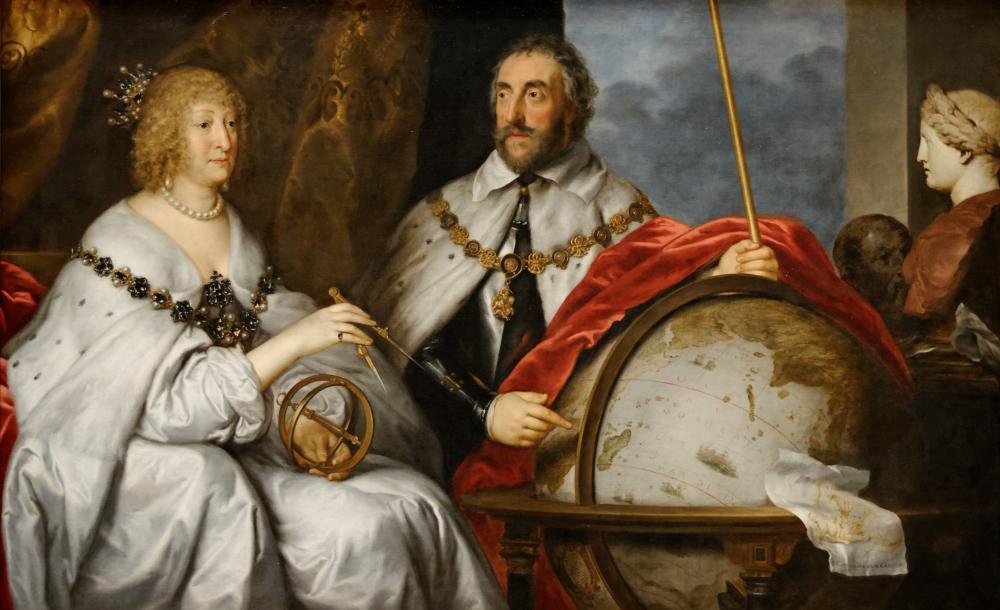Overseas expansion and British identities 1585-1714

The period 1585-1714 brought the prospect of attaining an empire outside Europe into British politics. Through this period, over 300,000 subjects of the realm advanced across the Atlantic, seating themselves within uncharted American spaces and among unfamiliar peoples. The creation of trading depots, forts and encampments in parts of India and West Africa offered further glimmerings of global ambition. Strategic and commercial interests similarly ushered the Crown into the occupation of Mediterranean cities, islands and peninsulas.
This paper will look at how the British kingdoms were themselves transformed by overseas expansion. It will explore the political and intellectual influences that drove colonisation, and will place conquest and plantation in the context of wider patterns of British travel outside Europe. The emphasis of the paper will not be on the histories of particular colonial territories. Rather, it will focus on the contested place of empire within the domestic realm: the impact that ventures of Europe upon the politics, religion, material culture and imaginative literature of Britain and Ireland. Seminars will show how encounters with unfamiliar lands, commodities and peoples were dramatised and circulated for public consumption, and will look at how territorial enlargement contributed to the political and religious discontents internal to the Stuart kingdoms. A particular theme will be the effect of overseas expansion on national identities at home, as the creation of ‘Greater Britain’ changed relations between the different component parts of the Stuarts’ monarchy.
The course will comprise twelve lectures and ten seminars, with each student given four supervisions. The lectures will follow a broadly chronological framework; the seminars will cover underpinning themes, and will be centred on the study of primary sources. Students will be encouraged to familiarise themselves with the rich historiography centred on the Early Modern Atlantic world, the intellectual history of empire and the meaning of ethnicity and identity in seventeenth-century Britain and Ireland.
Image: Thomas Howard by Antoine van Dyck
This material is intended for current students but will be interesting to prospective students. It is indicative only.
